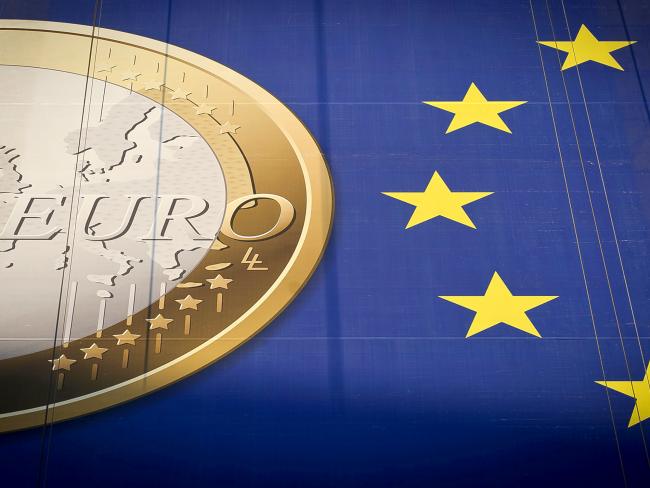(Bloomberg) -- Venezuela said it will shun the greenback and inject 2 billion euros ($2.3 billion) into its sinking economy as U.S. sanctions limit the cash-strapped nation’s access to capital markets.
Economy Vice President Tareck El Aissami said Tuesday that going forward all government auctions of foreign exchange would be quoted in euro, yuan and other hard currencies due to a so-called financial blockade imposed by the administration of U.S. President Donald Trump and the country’s political opposition.
“Various actors continue to attack our financial system," El Aissami said in remarks broadcast on television. “We are not going to give in to foreign and imperialist interests.”
Venezuela’s ruling socialists have struggled to tame hyperinflation and address the collapse of what had once been one of Latin America’s most affluent countries: Wide-scale hunger, and the breakdown of public services has seen millions of citizens flee the oil-rich country for neighboring countries, creating region’s largest-ever migration crisis.
President Nicolas Maduro has vowed to bring about economic recovery since winning another six-year term in widely-criticized election this year. Still, his administration has struggled to attract much needed investment amid a raft of sanctions on Venezuelan debt and its beleaguered oil sector. The government’s actions Tuesday won’t alter the hard fact that it’s the black market where Venezuelans go to acquire dollars.
‘Economic Sabotage’
El Aissami said the government would open bank accounts in Europe and Asia as potential workarounds to financial sanctions. Venezuela’s banking sector will now be able to participate in currency auctions three times a week, he said, adding that the government would sell some 2 billion euros amid a rebound in oil prices.
“The illegal measures will continue to damage the national economic system, and this is why we have made these decisions,” El Aissami said.
Venezuela’s government insists the country’s woes are the result of “economic sabotage,” while analysts largely blame a complicated system of price and currency controls for stymieing local production and warping the economy.
The Tuesday announcement comes after the government said in August it would soon overhaul its Dicom currency auction system and allow both businesses and individuals to buy dollars at a “single, fluctuating rate.” Maduro rolled out the revamped system in September but finds himself having to shore it up a month later.
The late President Hugo Chavez established currency controls in 2003 in a bid to stem capital flight. The efforts to regulate the sale of hard currency backfired as the state struggled to supply dollars amid crashing commodity prices and rampant corruption, giving way to a thriving black market for greenbacks.
Officially, dollars sell for around 63 bolivars on the Dicom platform. They currently fetch over 130 on the street.
